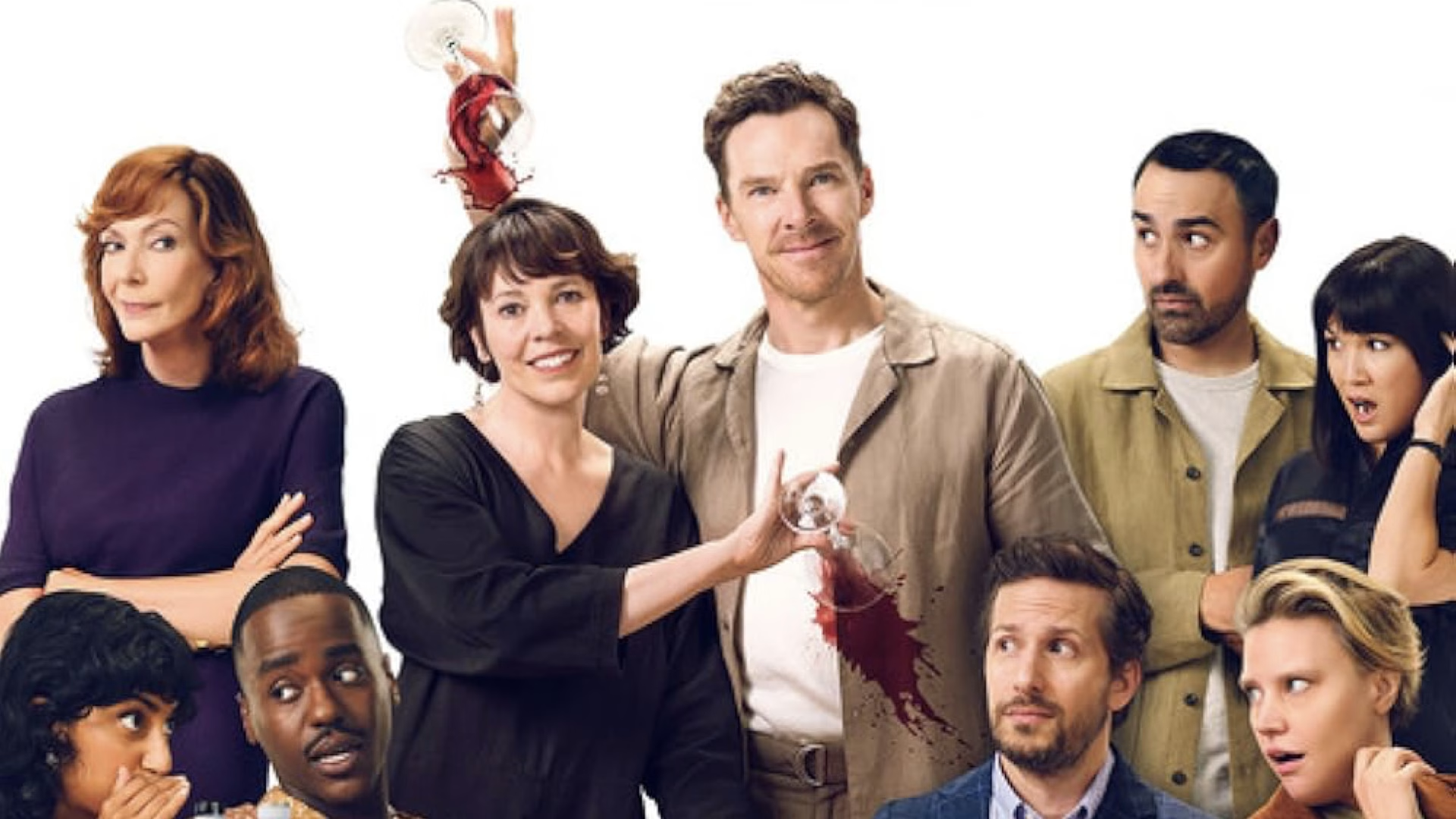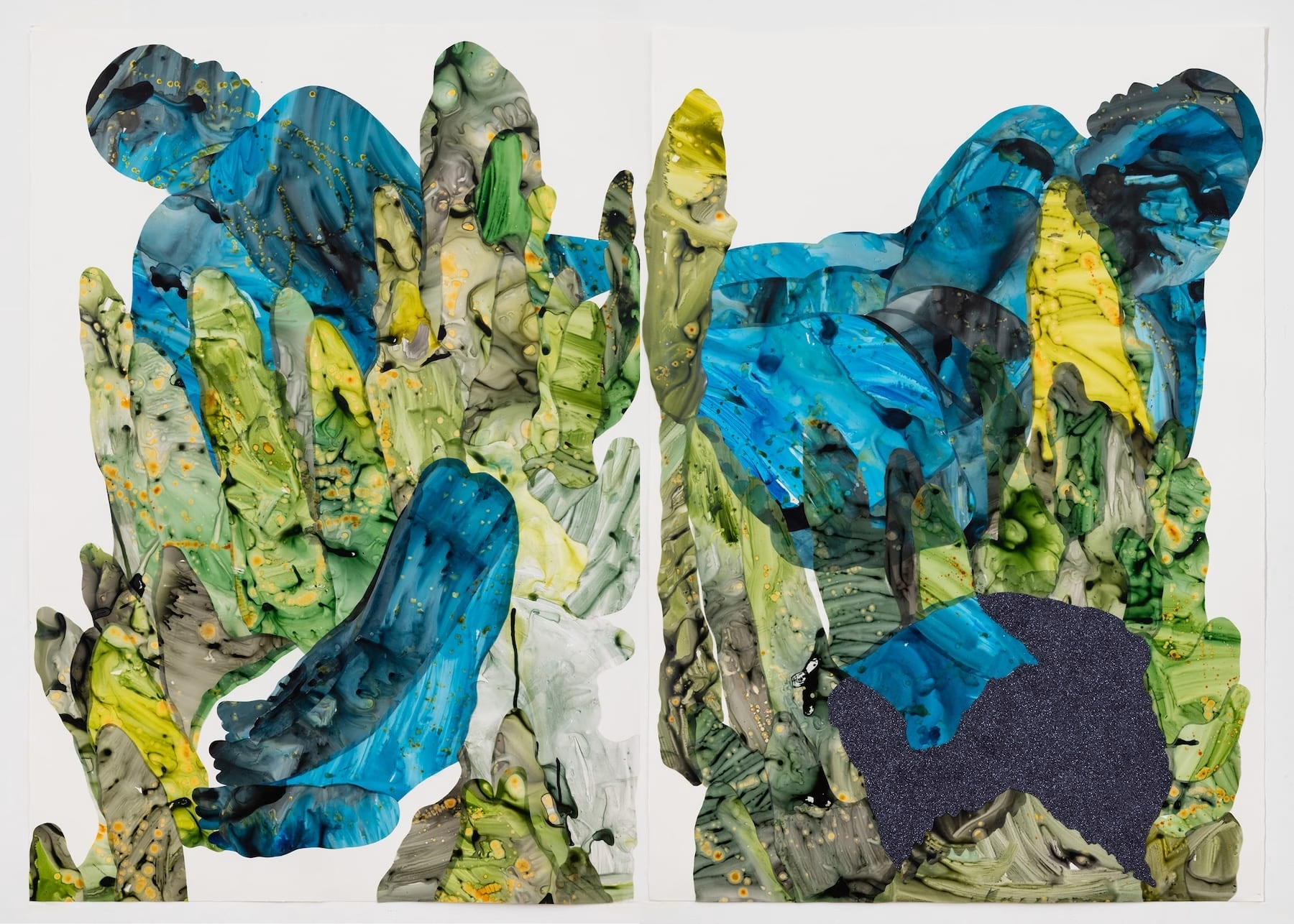Some films in the cinematic world pay homage to a classic while carving their own unique path. Directed by Jay Roach (Meet the Parents, Austin Powers), the new comedy The Roses is exactly that kind of film. While it’s an adaptation of Warren Adler’s 1981 novel The War of the Roses, most viewers see it as a reimagining of Danny DeVito’s iconic 1989 film. With powerhouse actors like Benedict Cumberbatch and Olivia Colman in the lead roles and a script by Poor Things writer Tony McNamara, this new version proves its ambition. A divorce-themed comedy of this scale hitting theaters is, unfortunately, a rare occurrence today.
“The Roses” vs. “The War of the Roses”: Two Distinct Approaches
In a pre-release discussion, director Jay Roach and screenwriter Tony McNamara outlined the key differences that set The Roses apart from its predecessor. Roach highlights that his film holds a glimmer of hope for the characters’ reconciliation, almost turning it into a “remarriage comedy.” He describes McNamara’s script as blending the rapid, witty dialogue of classics like The Philadelphia Story or Adam’s Rib with the tension of a drama like Who’s Afraid of Virginia Woolf?. Audiences feel both anxiety about the relationship’s future and the lingering love and understanding between the couple. According to Roach, this balance of tension is what most distinguishes the film from the original.
This observation rings true. Watching The Roses, you quietly root for Theo (Cumberbatch) and Ivy (Colman) to reconcile. In contrast, in 1989’s The War of the Roses, it’s nearly impossible to feel that hope while watching the collapse of Oliver (Michael Douglas) and Barbara Rose’s (Kathleen Turner) marriage. The most striking difference between the two films is the original’s ruthless and brutal nature. In The War of the Roses, tension escalates early, with the couple waging war against each other with shocking hatred. Scenes like Barbara driving over Oliver’s car like a “monster truck” show the couple genuinely trying to kill or seriously harm one another. The Roses, by comparison, is almost playful in tone and far less vicious.
Michael Douglas’ “untrustworthy” persona from films like Fatal Attraction and Wall Street naturally imbued his Oliver Rose with a sense of distrust, making it hard to believe he sought reconciliation with Barbara in good faith. This made The War of the Roses a darker comedy, showcasing how far characters would go to cling to everything they had. While both films have different endings, The War of the Roses leaves a far harsher impact. To me, its bold embrace of the story’s darkness felt more satisfying than the more restrained approach of The Roses, earning it a place on lists of the best breakup films ever made.
If you’re looking for a funny yet tense, and surprisingly hopeful, story about a marriage’s collapse, The Roses is currently in theaters. Don’t miss this contradictory yet captivating film!














